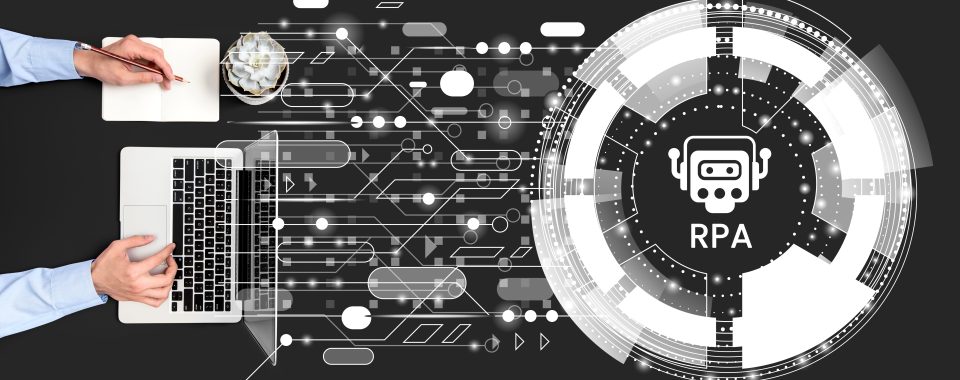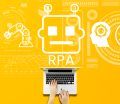
In recent years, the realms of Robotic Process Automation (RPA) and Artificial Intelligence (AI) have witnessed unprecedented growth and evolution. As we step into the future, the convergence of these two transformative technologies promises to reshape industries, redefine workflows, and enhance efficiency on a scale never seen before.
- Intelligent Automation: A Powerful Duo
The synergy between RPA and AI is paving the way for what experts call “Intelligent Automation.” RPA, known for automating rule-based, repetitive tasks, is now being supercharged by AI capabilities. Machine learning algorithms, natural language processing, and computer vision are breathing intelligence into automation processes, allowing systems to adapt, learn, and make decisions autonomously.
- Enhanced Decision-Making with Cognitive Automation
With AI embedded in RPA, organizations can expect more than just automated tasks. Cognitive automation empowers systems to analyze data, recognize patterns, and make informed decisions. This leap in capability is set to revolutionize decision-making processes across industries, from finance and healthcare to manufacturing and customer service.
- A Shift towards Unassisted Automation
As AI algorithms become more sophisticated, the future of RPA is leaning towards unassisted automation. This means that automation processes can operate independently, learning from experience, adapting to changes, and optimizing performance without constant human intervention. This shift holds the promise of unparalleled efficiency gains and cost savings.
- Human-AI Collaboration: The Co-bot Revolution
The future workplace will witness a harmonious collaboration between humans and AI-driven bots. RPA systems will handle mundane, repetitive tasks, freeing up human resources to focus on more complex and creative endeavors. This collaboration promises a workforce that is not replaced by machines but augmented by them, creating a symbiotic relationship that maximizes productivity.
- Ethical Considerations and Governance Challenges
As we usher in this era of intelligent automation, it is crucial to address ethical considerations and governance challenges. Questions around data privacy, algorithmic bias, and the accountability of AI systems must be carefully navigated to ensure that the benefits of RPA and AI are harnessed responsibly.
- RPA and AI in Healthcare: A Prescription for Innovation
The healthcare sector is poised for a significant transformation with the integration of RPA and AI. From streamlining administrative processes to enhancing diagnostics and treatment plans, intelligent automation has the potential to revolutionize patient care and improve overall healthcare outcomes.
- Continuous Learning: The Key to Future Relevance
In the rapidly evolving landscape of RPA and AI, the key to staying relevant lies in continuous learning. Organizations must invest in upskilling their workforce, fostering a culture of innovation, and staying abreast of the latest advancements to fully harness the potential of intelligent automation.
As we gaze into the future, the marriage of RPA and AI presents a landscape of unparalleled opportunities and challenges. The transformation is not only technological but cultural, requiring organizations to embrace change, prioritize ethical considerations, and nurture a workforce that thrives in a world where machines and humans collaborate seamlessly. The future of RPA and AI is not just about automation; it’s about unleashing the potential of human creativity and innovation in a digitally augmented world.








